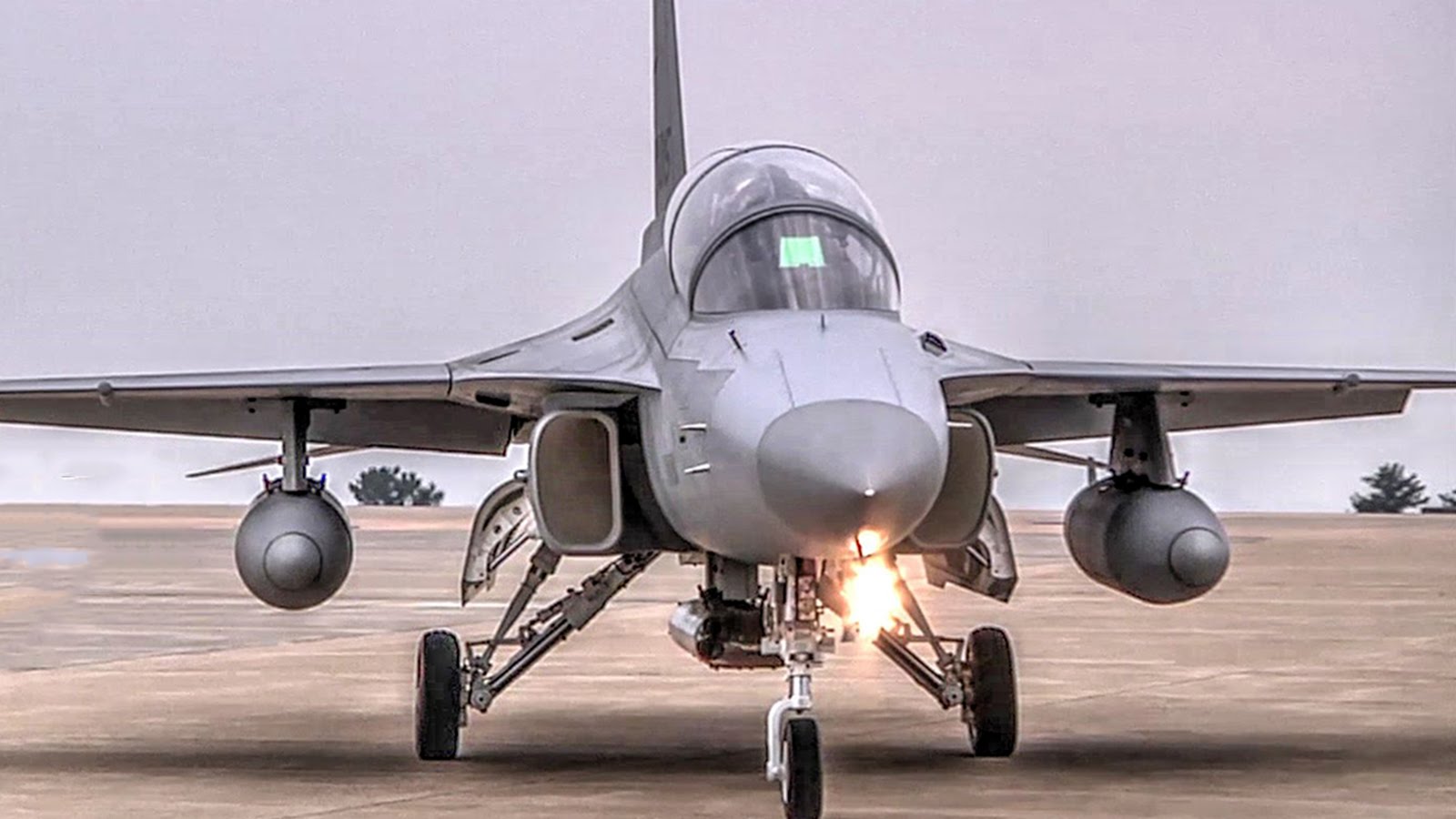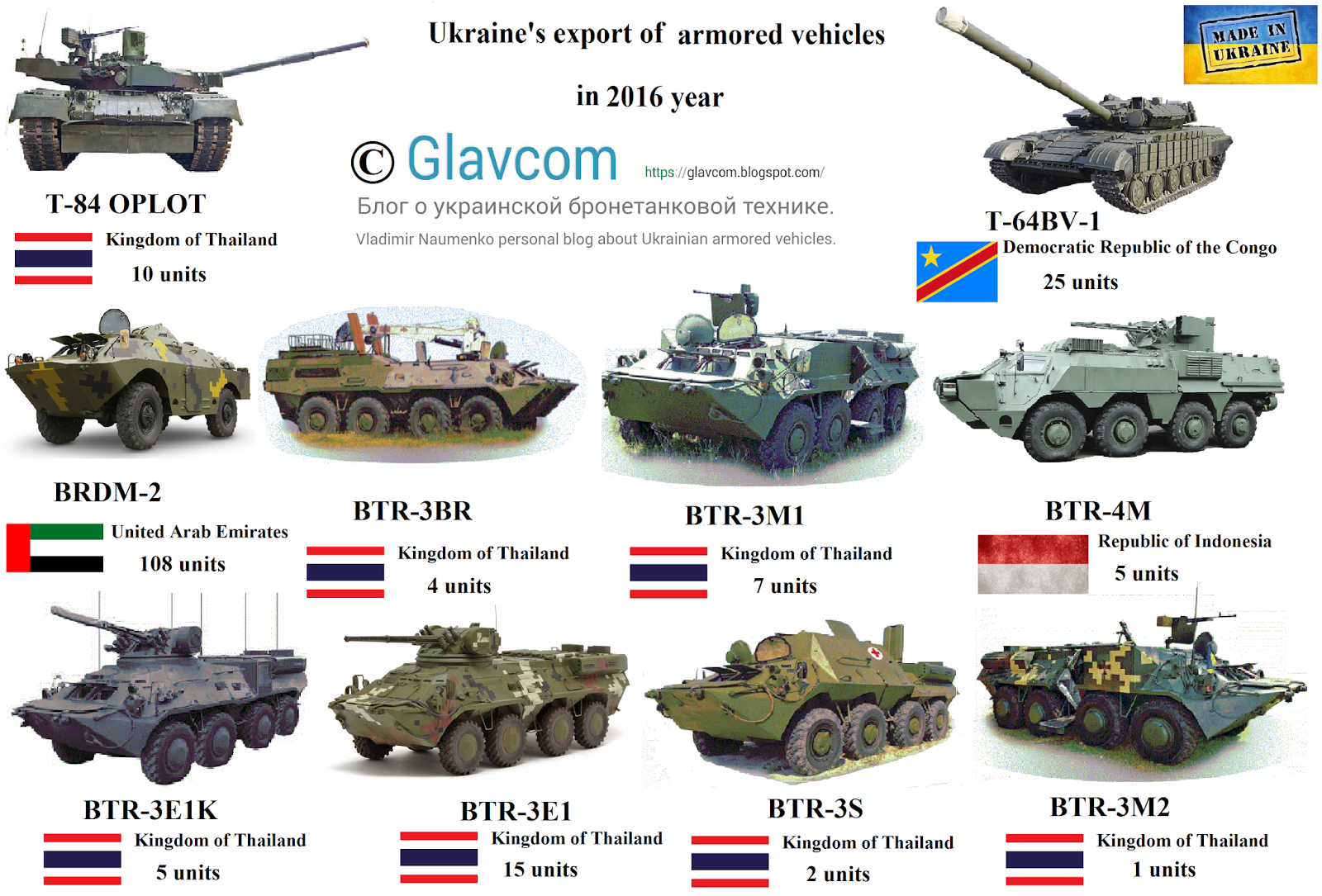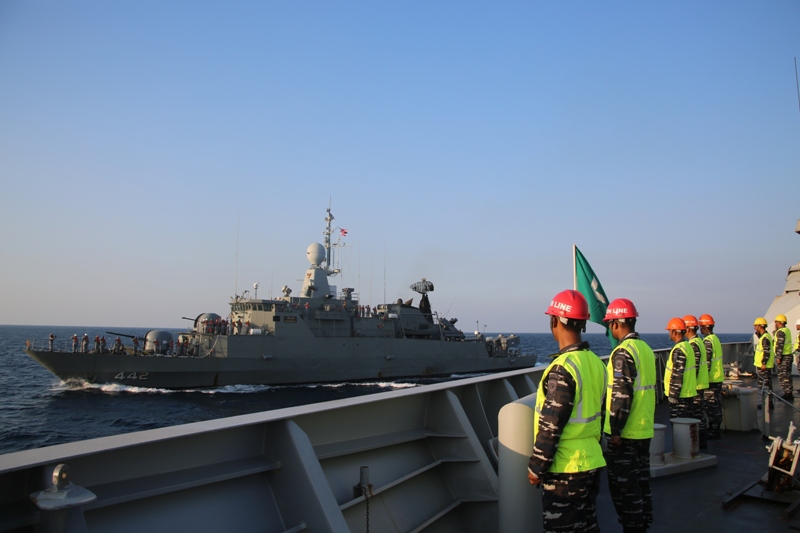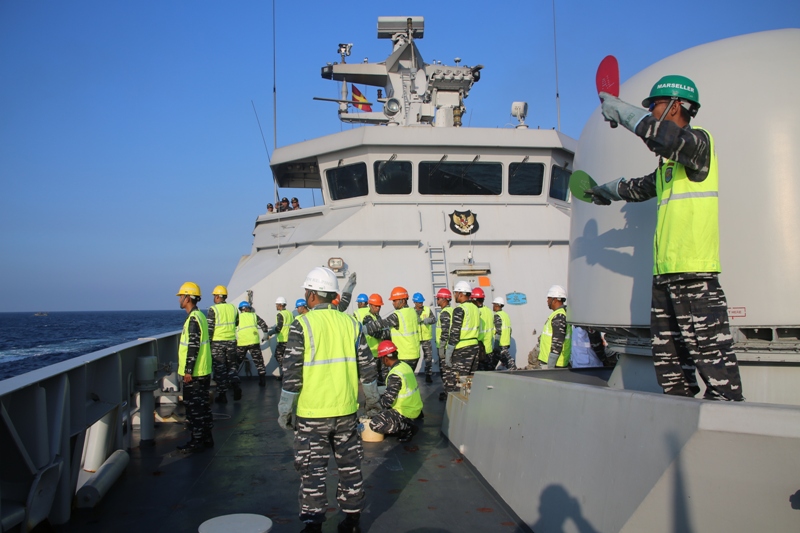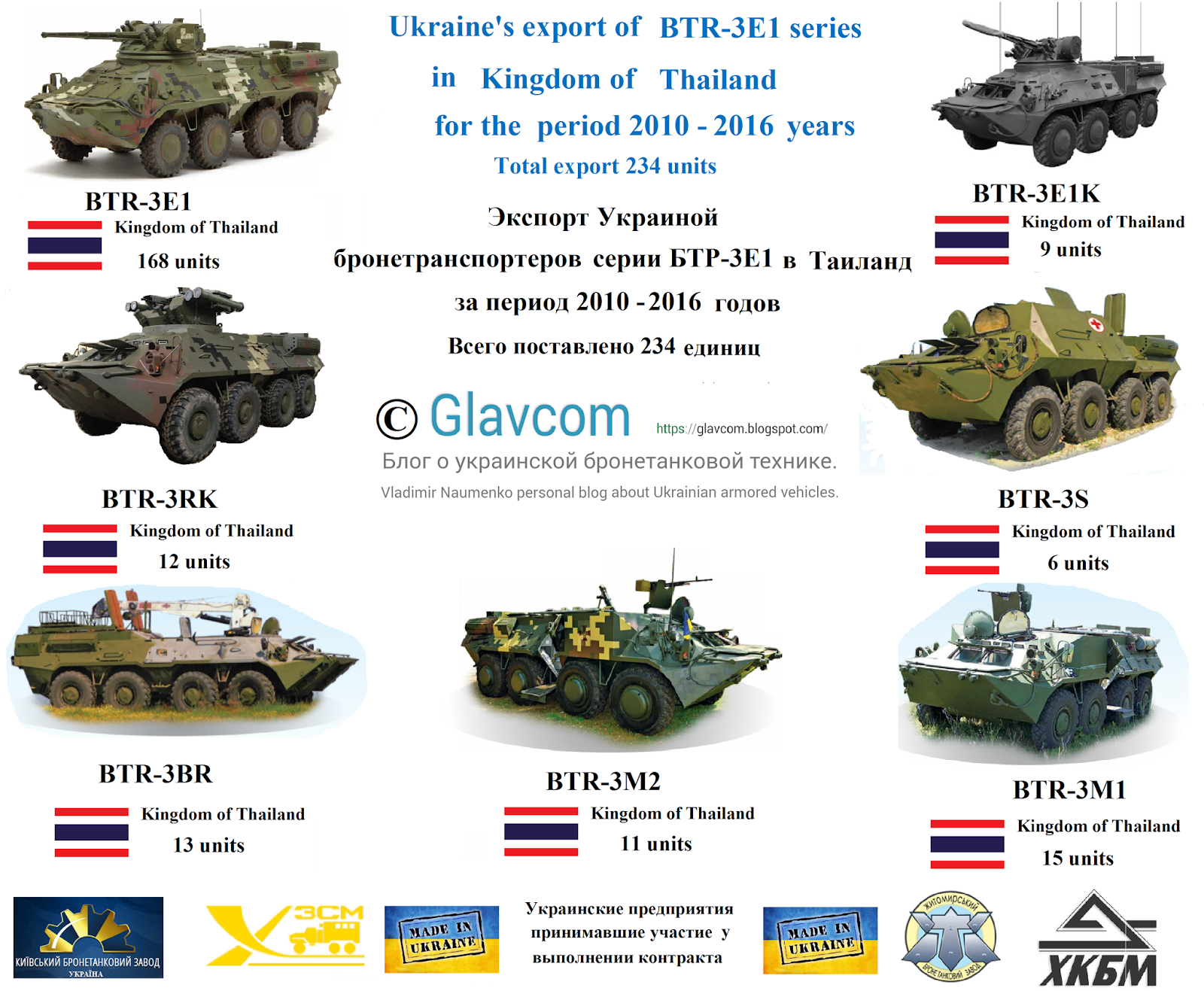Pivot to, or Brawl in Asia? West Already Targeting Thailand's New King
November 3, 2017 (
Tony Cartalucci - NEO) - Not even a day had passed after the funeral rites for Thailand's revered and respected former head of state, King Bhumibol Adulyadej before the Western media began launching attacks on his heir and current Thai head of state, King Maha Vajiralongkorn.
It is a development widely predicted - with the United States and its European partners long-eager to pursue regime change in Thailand as part of a wider strategy to either control or destabilize Southeast Asia as a means of hindering China's regional and global rise.
First Shots
The AFP in its article, "
Protected by draconian law, King Rama X begins to make his mark," would cite rumors and half-truths in an attempt to depict Thailand's new head of state as a shadowy, unpopular, and despotic figure that remains "unpredictable."
The article claims that Thailand's "draconian law" prevents criticism of its highest institution, citing the arrest of a "student activist" for sharing a BBC article slandering the head of state.
What AFP and other articles consistently and intentionally fail to mention is that these "student activists" are US and European funded and directed agitators, enjoying direct support from the US, British, and EU diplomatic missions in Thailand. Embassy staff often accompany their agitators to police stations and appearing in public with their family members.
Image: Canadian embassy staff publicly supporting the family of the above mentioned jailed "student activist"
Jatupat Boonpattararaksa, exposing such "activism" as little more than foreign-backed agitation and subversion.
In other words, those targeted by Thailand's "draconian law" are engaged in both treason and sedition and could easily be charged and sentenced for either - or both - and are instead granted lesser sentences, many of which are pardoned long before they are fully served.
Similar articles have been appearing in the BBC, CNN, AP, and other mainstays of Western propaganda before and after the passing of King Bhumibol Adulyadej last year and upon the succession of his son and heir.
The Reality of Thailand's Monarchy
Thailand's monarchy represents an entire institution and spans centuries with the current dynasty being nearly 300 years old. It has united and protected Thailand from foreign domination - leaving Thailand as the only nation in Southeast Asia to avoid colonization.
Image: On all sides Thailand - then called Siam - was surrounded by colonized Southeast Asian states.
It remains the only Southeast Asian state to avoid Western colonization.
When French, British, and later American imperialism swept through Asia, finding and exploiting socioeconomic and cultural fault lines in each nation to divide and conquer them along, the unifying nature of Thailand's highest institution and its cunning geopolitical maneuvering left Thailand a bastion of stability and strength that remains to this day unconquered.
Over the centuries, the monarchy has reinvented itself. Thailand - then known as Siam - voluntarily abolished slavery in a period of time when in Western nations conflict and race wars were waged - the effects of which still reverberate in modern Western society. The Thai monarchy has also - for over 80 years - been a constitutional monarchy unlike the West's closest allies in the Middle East - several of which are some of the last absolute monarchies on Earth.
As is in the case of any nation targeted by Western destabilization - any attempt at all to rein in agitators and even outright terrorists is condemned by the West's network of faux-rights advocates and its media as "draconian." At a time when the United States bemoans alleged Russian interference in its own domestic political affairs, its meddling abroad in places like Thailand and its neighbors in Southeast Asia continues unabated.
Today, the unity and geopolitical maneuvering characteristic of earlier heads of state continues.
Thailand has incrementally shifted away from the United States and its influence in Asia Pacific toward its regional neighbors including China.
At a time when the United States' Trans-Pacific Partnership (TPP) lies in ruins,
major infrastructure projects have been inked between Bangkok and Beijing and are beginning construction including a network of high-speed railways that will interlink Thailand's major cities as well as link Thailand with its neighbors and with China.
Thailand is also systematically replacing its Vietnam War-era US-made arsenal with Chinese, Russian, and European equipment. It is replacing its main battle tanks with Chinese VT-4s, as well as its armored personnel carries with Chinese-made systems.
The acquisition of Chinese submarines, joint-development of multiple rocket launcher systems with China, and an increasing number of joint Thai-Chinese military exercises marks a dramatic shift away from the West, and focused more within Asia itself. It is a process that has been unfolding for years, carefully cultivated by Thailand's independent institutions at a time when its "elected leaders" backed by the West sought to bankrupt, divide, and derail the nation.
The transition from King Bhumibol Adulyadej to King Maha Vajiralongkorn will have no impact on this process. The Thai monarchy is above all, an institution that consists of not only the head of state, but a circle of highly skilled and experienced advisers whom King Maha Vajiralongkorn has retained from his father's council ensuring continuity for this well-thought out policy.
The only real change that has occurred is the perceived window of opportunity the West has to target and sow doubt in the minds of Thais and the world regarding Thailand's sensitive transition as a means to once again attempt to destabilize and divide the country.
In the Following Months
The United States and its European partners maintain
an extensive network of foreign-funded fronts in Thailand posing as "nongovernmental organizations" (NGOs). They include media fronts and faux rights advocates like Prachatai, the Issan Record, Thai Netizens, iLaw, and Thai Lawyers for Human Rights - all funded by the US State Department via the National Endowment for Democracy (NED) and US-based corporate foundations like
convicted financial criminal George Soros' Open Society.
The majority of their activity focuses not on actual rights advocacy, but on attacking and undermining Thailand's independent institutions - namely the military and monarchy - and both promoting the opposition as well as covering up the abuses, impropriety, violence, and the foreign-backed nature of the opposition.
There is the Foreign Correspondents Club of Thailand (FCCT) based in downtown Bangkok in which most Western media outlets house their offices and where they regularly hold joint events aimed at "making news" rather than reporting it. This includes providing Western-funded agitators with a platform and an international audience, as well as inviting Western diplomats to come and comment on Thailand's internal political affairs.
There is also US proxy Thaksin Shinawatra, his Pheu Thai Party (PTP), and his ultra-violent street front, the United Front for Democracy Against Dictatorship (UDD) also known simply as the "red shirts." Shinawatra - ousted from power in 2006 and his sister
ousted from power in 2014 - has been the recipient of US support since the 1990s. Since 2006 he has received lobbying services from some of the largest firms in Washington while his political network receives Western support and funding within Thailand.
Often, all three - foreign correspondents from outlets like AP, AFP, and the BBC, along with PTP and UDD leaders, and members from America's network of faux-NGOs can be seen meeting at the FCCT at the same time along with foreign diplomats from the US, British, and EU diplomatic missions in Thailand.
This interconnected network has and will continue over the next several months to mount pressure on the military-led government to rush through with elections the US hopes it can sufficiently manipulate to place a PTP-led government into power. From there, the continued division and destruction of Thailand will continue.
What the West fears most is further delays in Thailand's next election, further eroding its proxy's political momentum which is already suffering greatly as its populist policies have been put on hold and as the current, military-led government addresses many of the socioeconomic plights PTP has exploited for well over a decade to acquire political dependence from the nation's populous northeast region.
And as Thailand's new head of state fulfills his role, the window will close on doubts - real or imagined among the Thai population - over "unpredictability." A diminished PTP together with a stable economy, military, and monarchy will close the window of opportunity further still for would-be regime changers in Washington, London, and Brussels.
With the facts in hand, articles pushed out by the Western media attempting to malign Thailand's leadership can be exposed and their effect on manipulating public perception diminished. Ensuring that such propaganda gains no traction is the best inoculation against the firestorm of violent regime change that has consumed other nations. While genuine activists and media members have helped expose and derail US plans in places like Syria, preventing conflict from erupting in the first place is better still.
Tony Cartalucci, Bangkok-based geopolitical researcher and writer, especially for the online magazine “New Eastern Outlook.”
http://landdestroyer.blogspot.com/2017/11/pivot-to-or-brawl-in-asia-west-already.html
Please spread over this article (or its link) through all other means, please let the general populace be aware of the old school text book tricks... the Dutch VOC's "Divide et Impera"; the British Empire EIC "Divide and Conquer"...
TONY CARTALUCCI is a very good journalist. I recall to read on his findings many years ago on the LOWY Institute, a globalist think tank [closely affiliated with the USA & ISR intel agencies; established by FRANK LOWY & MARTIN INDYK, who also founded the ISR Institute for National Strategy and Policy], set up its base in AUSTRALIA to incur into the host country as well as the Southeast Asia... at his following article: "Globalists' Australian Nexus".
Not my usual practice to tag the many but this one is a rather exceptional
 @TaiShang @cirr @onebyone @Martian2 @lcloo @Daniel808 @Chinese-Dragon @ChineseTiger1986 @grey boy 2 @GS Zhou @sinait @yusheng @JSCh @Globenim @Star Expedition @Brainsucker @oprih @antonius123 @Han Warrior @AndrewJin @powastick @Makarena @Dungeness @+4vsgorillas-Apebane @cnleio @AViet @Götterdämmerung @Galactic Penguin SST @eldarlmari @rott @GeraltofRivia @Pangu
@TaiShang @cirr @onebyone @Martian2 @lcloo @Daniel808 @Chinese-Dragon @ChineseTiger1986 @grey boy 2 @GS Zhou @sinait @yusheng @JSCh @Globenim @Star Expedition @Brainsucker @oprih @antonius123 @Han Warrior @AndrewJin @powastick @Makarena @Dungeness @+4vsgorillas-Apebane @cnleio @AViet @Götterdämmerung @Galactic Penguin SST @eldarlmari @rott @GeraltofRivia @Pangu
。。。




